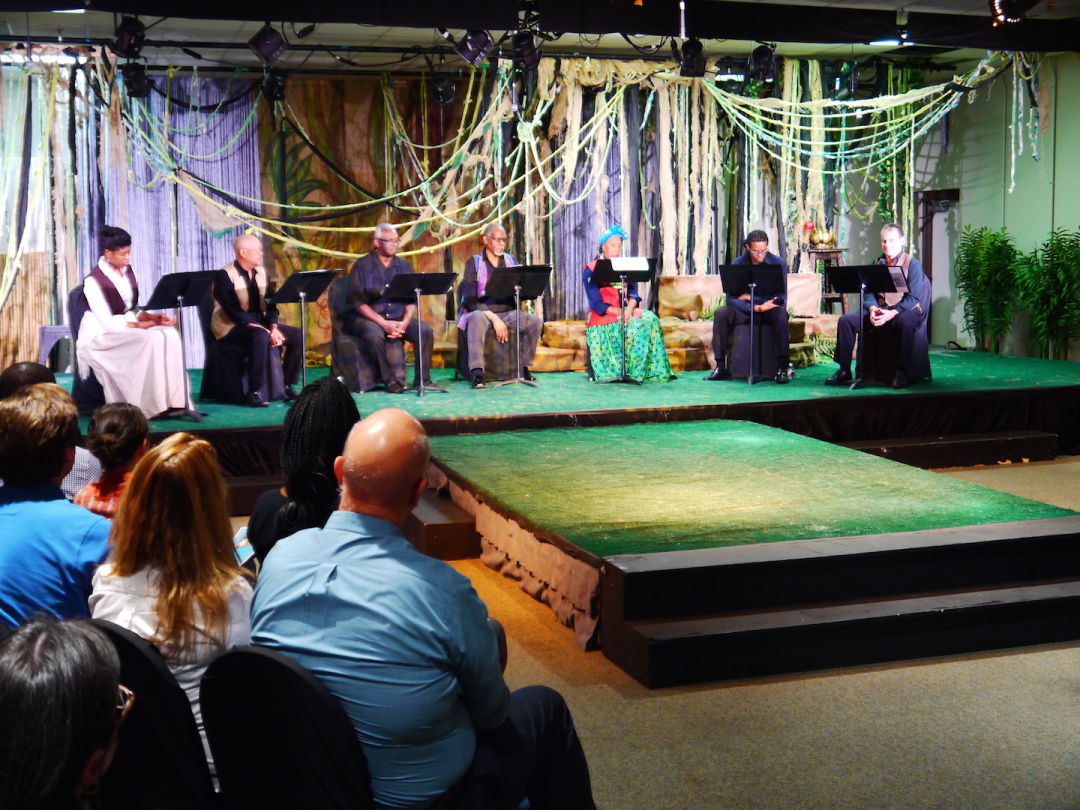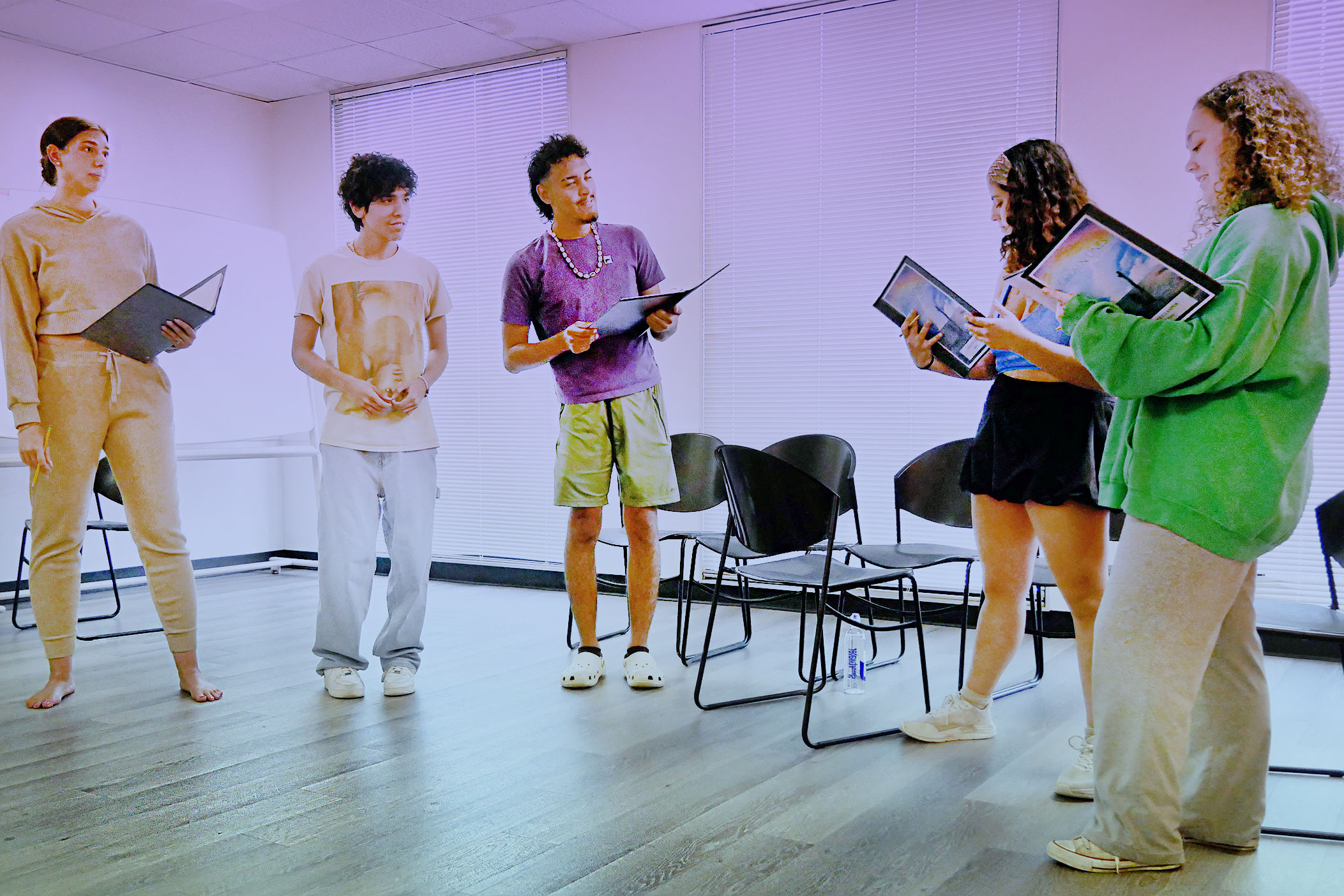The American Experience

Mid-Main theater company Ensemble Theatre continues its monthly reading series featuring the works of August Wilson.
The Ensemble Theatre continues its series of staged readings of Pulitzer Prize–winning playwright August Wilson’s Century Cycle, which chronicles the black American experience from the 1900s to the 1990s over 10 plays. Each play in the cycle, also known as The Pittsburgh Cycle, covers its own decade. Readings began in October 2015 and continue in chronological order through July of this year, including this month’s The Piano Lesson.
Set in 1936, The Piano Lesson tells the story of the Charles’ family, modest Pittsburgh citizens for whom the brutality and violence of Jim Crow has wrought a host of ghostly apparitions that haunt their home and community. Surprisingly, however, the true spectre of the Charles’ household is a cherished heirloom, a 137-year-old piano with the family’s history chiseled onto its side.
Director Alex Morris is well acquainted with the cycle. He stars in the Ensemble Theatre’s upcoming production of Fences, perhaps Wilson’s most famous piece, and has performed in every play of the cycle. He finds that acting in Wilson’s plays is no different than acting in Shakespearean plays. “Only, I really understand Wilson,” says Morris. “His language really speaks to me. It speaks to us as a people.”
Wilson is known for uncovering the poetry of plain speech. For Morris, Wilson’s grounded yet expressive language makes for great theater, whether presented in a reading or stage production. “This is a racial drama we’re listening to. The words are so musical and the play is so musical that your imagination will paint the pictures for you.”
Morris stresses that the plays in the Pittsburgh Cycle are dramas in the truest sense of the word. “Yes, the people who inhabit these plays are African-American, but I think the stories are truly American.”
The director/actor has traveled the world appearing in Wilson’s plays. Ma Rainey’s Black Bottom and Seven Guitars resonate everywhere.
Morris credits Wilson’s ability to tell the stories of ordinary people. Rather than focusing on heroic figures like Dr. Martin Luther King or John F. Kennedy, Wilson writes about the everyman. “The lives of normal folk, like you and me, those lives—those types of stories—are important. And our history is full of the lives of these common folk.”
January 25. $5. The Deluxe Theater, 3303 Lyons Ave. 713-520-0055. ensemblehouston.com




